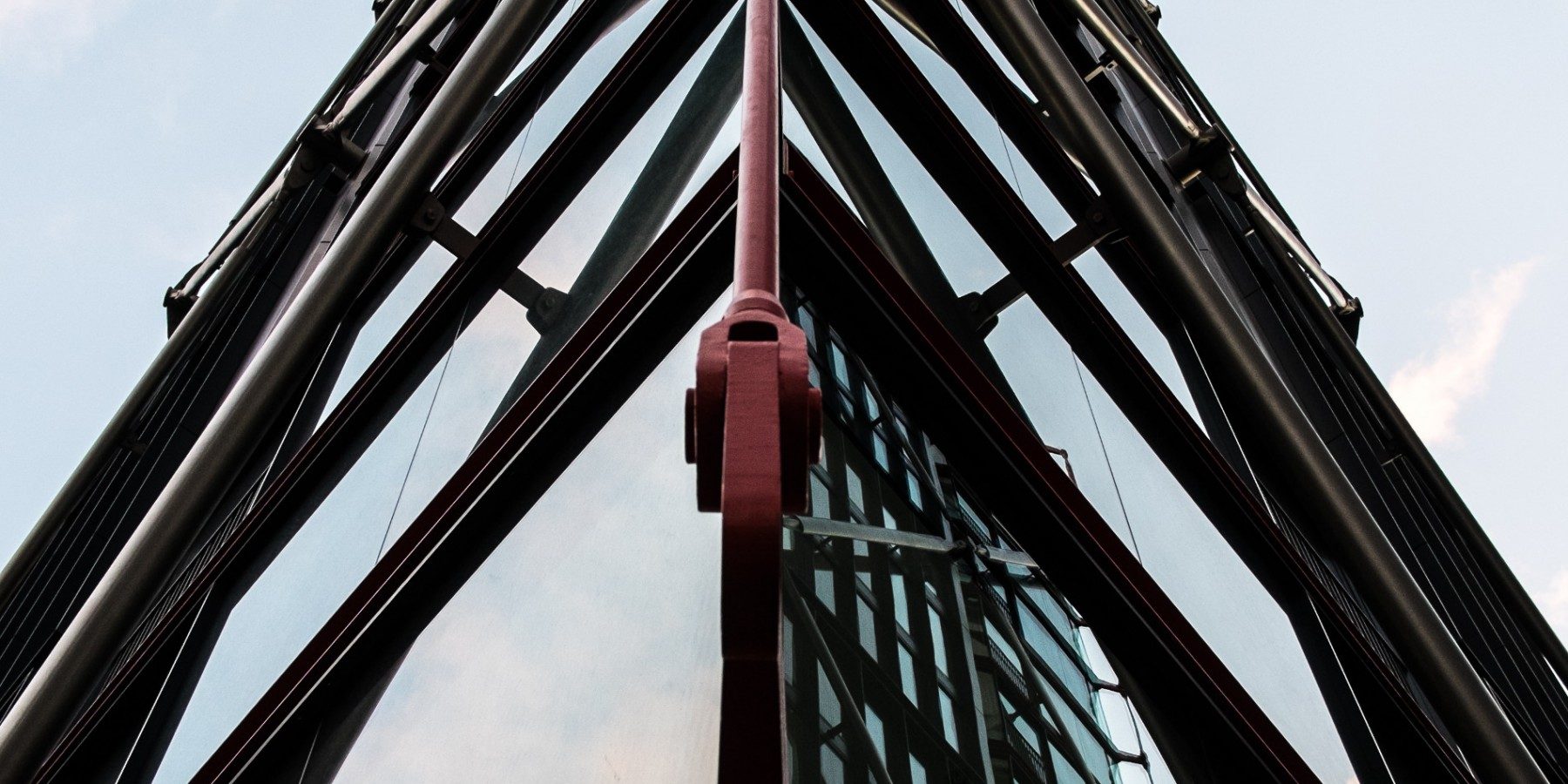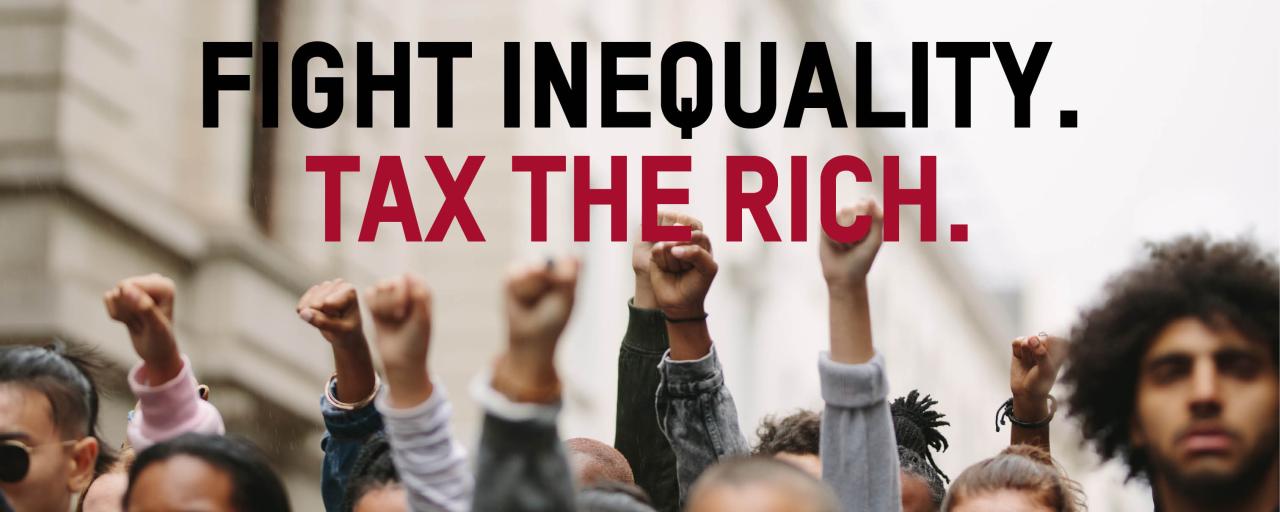
Global inequality in the spotlight during WEF
Oxfam illustrate the growing gap in society.

As 52 world leaders and 600 CEOs meet in Davos for the 2023 World Economic Forum, the growing disparity between the global elite and working people has been laid bare in the latest Oxfam report.
Since 2013, Oxfam have highlighted the inequality that exists between those privileged enough to attend the annual summit, with their latest assessment showing that since 2020, the richest 1% have amassed almost twice as much as the rest of the world combined. Billionaire fortunes have increased by $2.7 billion a day, while workers have been shouldering the majority of the global tax burden alongside the ongoing energy and cost-of-living crises.
Globally, poverty has increased for the first time in 25 years.
All of these factors has a significant impact on both worker’s mental health and their working conditions. Figures released from EU-OSHA in November of last year have already confirmed what many of us suspected, with more than four out of ten workers (44%) stating that their work stress has increased as a result of the pandemic, while 46% say they are exposed to severe time pressure or work overload. The additional burden of redundancies, the cost of living and energy crises and rampant inequality have led to a decline in worker’s health and protection. With the top 1% thriving while workers, including professionals and managers, face increased working time constraints and pressure, change is needed now more than ever.
"While ordinary people are making daily sacrifices on essentials like food, the super-rich have outdone even their wildest dreams. Just two years in, this decade is shaping up to be the best yet for billionaires —a roaring ‘20s boom for the world’s richest,” said Gabriela Bucher, Executive Director of Oxfam International.
The analysis also outlines the challenges facing trade unions, with figures showing that at least 1.7 billion workers worldwide will have seen a real-terms pay cut in 2022, with working-hour losses approximately four times greater than during the global financial crisis of 2008. Reacting to the data, Eurocadres President Nayla Glaise said: “These statistics outline what many of us have known for a long time. Policymakers have prioritised profits, not people, and grown the gap between rich and poor. We need a fair and just transition, with workers at the centre, to build a more equitable and sustainable society. While we welcome Commission President von der Leyen’s words today in Davos that Europe will be a leader in green technologies and the announcement of the Green Deal Industrial Plan, the issue of shareholders profits has not been sufficiently addressed. Despite having the audience, President von der Leyen has failed in this regard. We fully support Oxfam’s call for a tax of up to 5 percent on the world’s multi-millionaires and billionaires, which could raise $1.7 trillion a year, enough to lift 2 billion people out of poverty”.
It has been well documented that the WEF caters to the global elite, with expectations for tangible outcomes at a minimum. Despite this, Oxfam have leveraged the event to highlight societal inequalities, and provided an immense dataset to push forward with radical changes.
Eurocadres fully support their campaign to fight inequality and tax the rich, and recommend you contribute to their work here.
